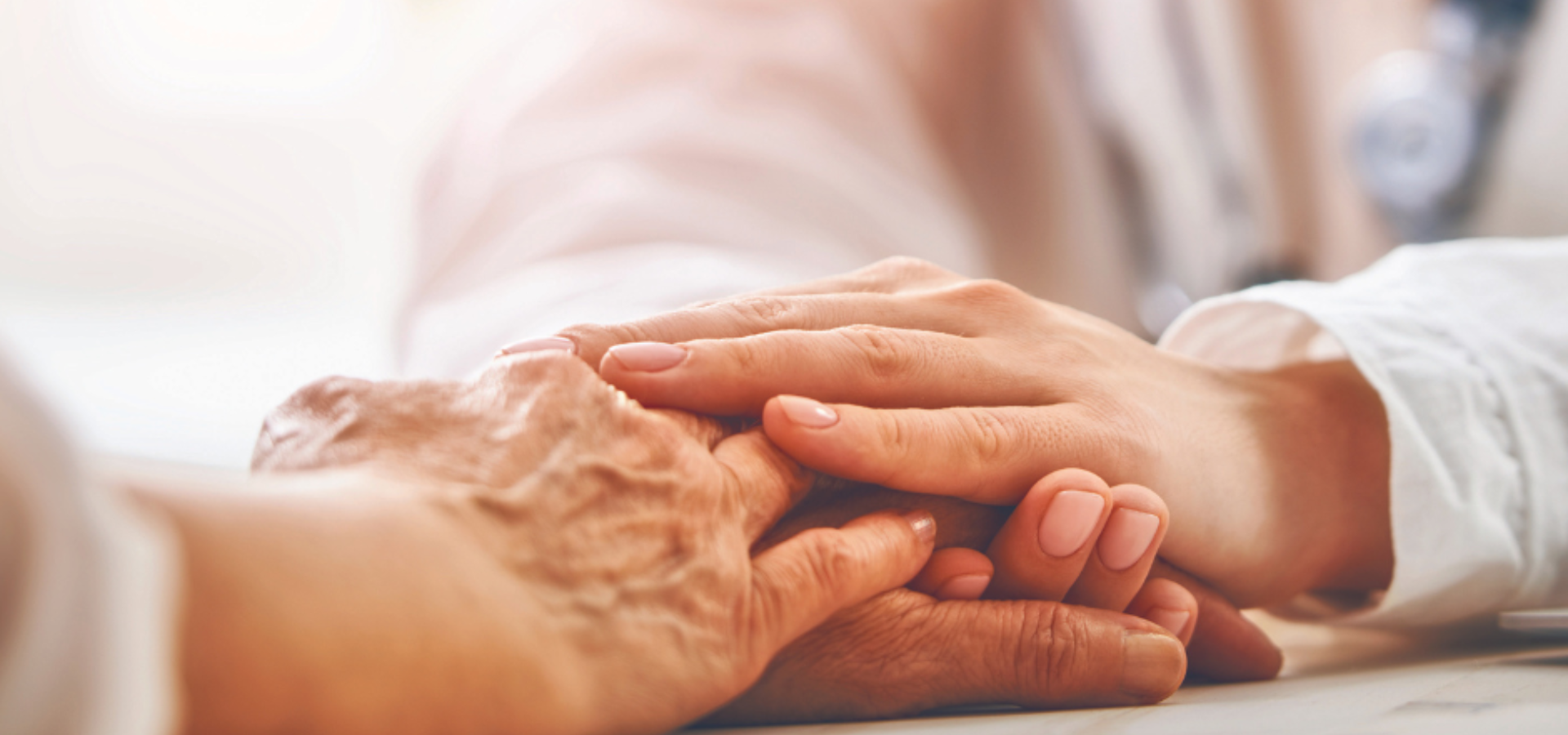
Gift Highlights Strong, Lasting Bond between Patients & Healers
For many Vanderbilt University Medical Center patients, expressing gratitude for their health often takes a philanthropic turn, leaving both the patient and the physician feeling fulfilled.
And sometimes patients choose to honor their physicians with longer-term financial planning. Karen Kendrick-Baker and her husband, Jerry, of Manchester, Tennessee, think so highly of their Vanderbilt physicians that they have included the Medical Center in their estate planning.
“We have no children and have a very small family. When I thought about the thing that most impacts my life, I thought of Vanderbilt and Dr. Jagasia,” she said.
Shubhada Jagasia, M.D., MMHC, professor of Medicine, has been Kendrick-Baker’s physician since 1999 when she first saw her as a resident. Kendrick-Baker has had type 1 diabetes since she was 17. Her husband sees Syeda Zaidi, M.D., assistant professor of Medicine.
“Dr. Jagasia is well educated and credentialed, but I believe you need a person-to-person connection with your doctor, and let’s face it, that’s not always a given,” said Kendrick-Baker. “Dr. Jagasia is compassionate and very earnest. She’s referred me to specialists when needed. Our relationship is trust, upon trust, upon trust.”
Before she committed to the financial gift, Kendrick-Baker was given a tour of the Vanderbilt Diabetes Research Center.
“I already felt good about my decision, but that made me even more sure. There's an incredible amount of work going on there,” she said.
"I went home and told my husband, ‘we’ve done the right thing. We’ve put our assets where they’re going to do the most good.’ It all started with Dr. Jagasia and the trust I have in her.” — Karen Kendrick-Baker
Jagasia said she feels “humbled and grateful” by the gift to Vanderbilt made in her honor. “It highlights what a noble profession medicine is, and I’m honored that someone would consider including me in such a personal decision."
“The qualities that make a good doctor are honesty, humility and integrity. It’s important for physicians who treat chronic disease to not only be empathetic, but also objective. It can be a difficult balance for physicians to reach. You should be a peer, coach and friend, but when necessary, be able to step outside of those roles and say ‘as your doctor, this is what I think,’” Jagasia said.
But she emphasized that the care provided in Vanderbilt’s Eskind Diabetes Center is a team effort with highly trained subspecialists, nurse practitioners, certified diabetes educators and dietitians playing equally important roles in the care of patients.
Jagasia said she is fortunate to have long-term relationships with her patients because she treats them through all of the phases of their lives. “I often see patients through pregnancy, child bearing, acute illness, personal challenges and through the ups and downs,” she said.